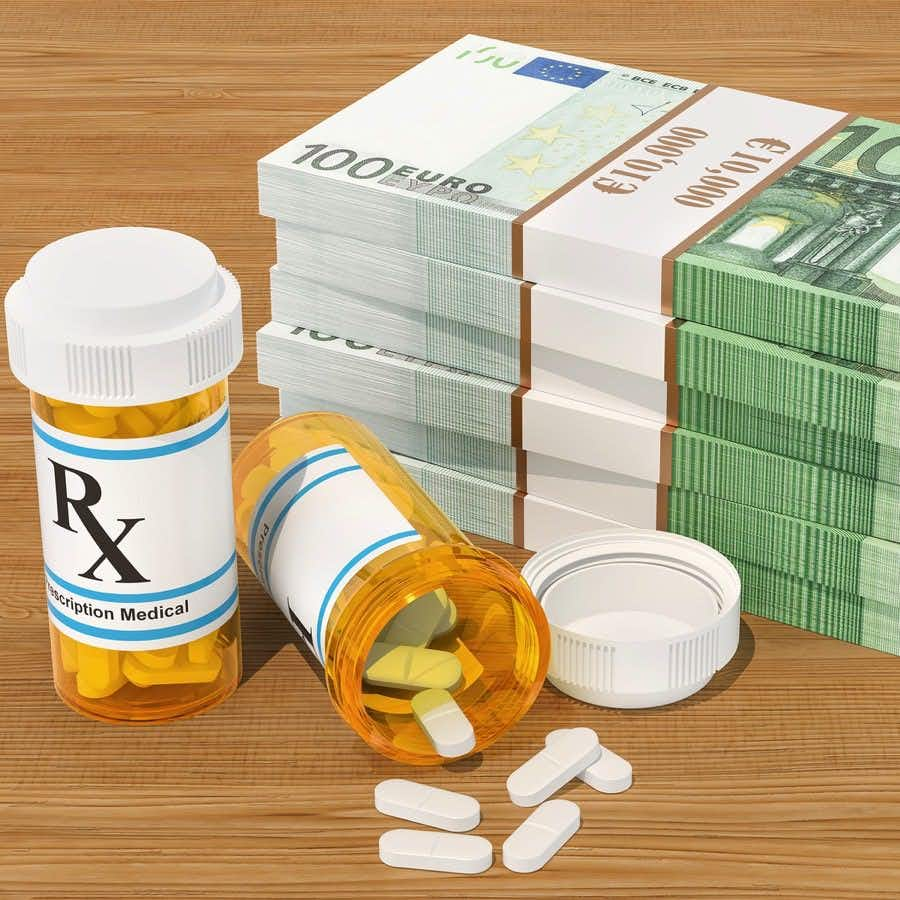
Ouch! Sometimes we deserve a spanking. We do make mistakes. When we do, we should be corrected. In this case, though, we are not responsible for the phrase “Girls’ night out.” We were quoting from a lawsuit against a number of generic drug companies for getting together to fix prices. One reader won’t be placated, though.
“Girls’ Night Out” Makes Her Furious!
Q. I am an avid reader of your column. You recently wrote about price fixing by generic drug companies. I was appalled to read your statement about how the executives met to fix the prices: “Men met on golf courses or fancy restaurants. Women got together for “girls’ night out.”
Is this suddenly 1960? How sexist of you! Please correct this language and take more care in the future.
A. We fully understand your outrage. We would never use such language, except this is what the attorneys general stated in their lawsuit against the companies (Wall Street Journal, Dec. 15, 2016).
The complaint refers to “Women in the Industry” meetings. It also describes “GNOs” or “Girls’ Night Out” as the opportunity in which female sales executives exchanged sensitive information with their competitors.
As you note, such language is reminiscent of the 1960s. The behavior is unacceptable in any age.
What Actually Happened at Girls’ Night Out?
Whether you call it “Women in the Industry” or Girls’ Night Out” the intent was sinister. Health (Dec. 22, 2016) described martinis in Minnesota. Lori Swanson, the Attorney General for that state, described it this way:
“A Heritage saleswoman from Minnesota would allegedly organize the Girls Nights Out, Swanson said. The gatherings were sometimes called ‘women in the industry’ meetings, as if the aspiring executives intended to mentor each other on the secrets to getting ahead in a man’s world.
“But the cozy cocktail conversation veered far from career advice. Instead, the saleswomen shared sensitive information about their companies’ business plans, according to the complaint.”
Men had their own events. They did “business” over golf or in a New Jersey steakhouse.
Here’s how the Washington Post (Dec. 9, 2018) described the collusion:
“Executives at more than a dozen generic-drug companies had a form of shorthand to describe how they conducted business, insider lingo worked out over steak dinners, cocktail receptions and rounds of golf.
“The ‘sandbox,’ according to investigators, was the market for generic prescription drugs, where everyone was expected to play nice.
“’Fair share’ described dividing up the sales pie to ensure that each company reaped continued profits. ‘Trashing the market’ was used when a competitor ignored these unwritten rules and sold drugs for less than agreed-upon prices.”
Who was involved?
At last count, at least 20 generic drug companies have been caught up in state lawsuits. Over 300 drugs have been identified. Prosecutors have called this the biggest drug cartel in the U.S. They allege that patients and taxpayers have been bilked to the tune of billions of dollars.
One of the most recent companies to be charged by Justice Department was Teva Pharmaceutical Industries, Ltd. It is the largest generic drug manufacturer in the world. Bloomberg (Aug. 25, 2020) reports:
“The Justice Department said Teva colluded with competitors to increase prices for medications that treat cholesterol, seizures, pain, skin conditions, blood clots, brain cancer, cystic fibrosis, arthritis and hypertension.”
The company denies that it engaged in price-fixing. Bloomberg goes on to note:
“In addition to the U.S. case, Teva and other generic-drug makers are grappling with civil lawsuits from a nationwide group of state attorneys general that accuse the companies of colluding to rig prices of drug and allocate customers. One of the lawsuits portrays Teva as masterminding a conspiracy with competitors that led to inflated prices on more than 100 different drugs.”
People’s Pharmacy Perspective:
We have no idea how these lawsuits will shake out. We have long suspected that generic drug companies have taken advantage of the American public. It will likely take a long time for the courts determine whether generic drug companies are truly guilty of price fixing. In the meantime, we apologize for describing some of the meetings as “girls’ night out.” We know the term is offensive, but that is how some of these drug companies were describing their women-in-the-industry activities.
What do you think? Please share your thoughts about this generic drug mess in the comment section below.

